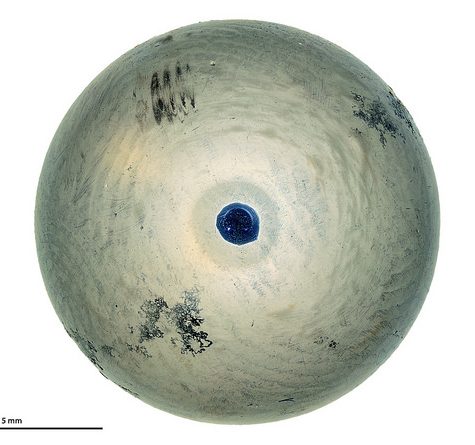Metal Fitting with threads (failed) to attache Hose Fitting to Remote of to RockShox Reverb Stealth Dropper Post, 10:1, 10x Magnification
$19.00 – $400.00SRAM Corporation is a privately owned bicycle component manufacturer based in Chicago, Illinois, United States, founded in 1987.[2] SRAM is an acronym comprising the names of its founders, Scott, Ray, and Sam, (where Ray is the middle name of company head Stan Day).[2] The company is known for producing cycling components, including some internally developed, such as Grip Shift, EAGLE (1×12), DoubleTap, dedicated 1×11 mountain and road drivetrains and SRAM Red eTap.[3][4][5]















